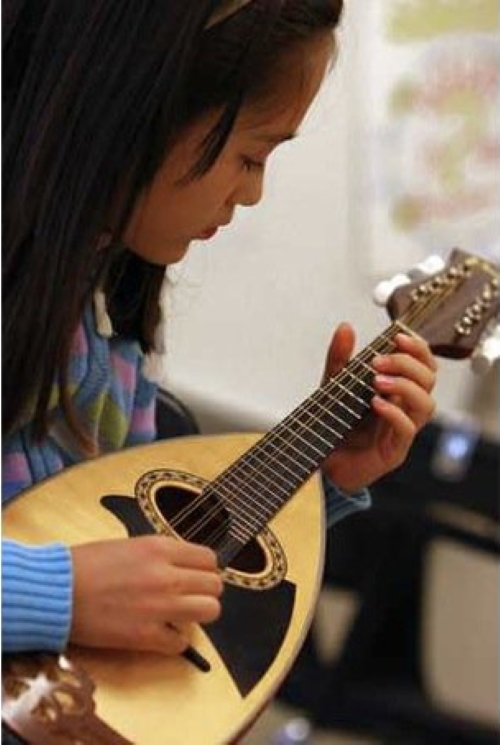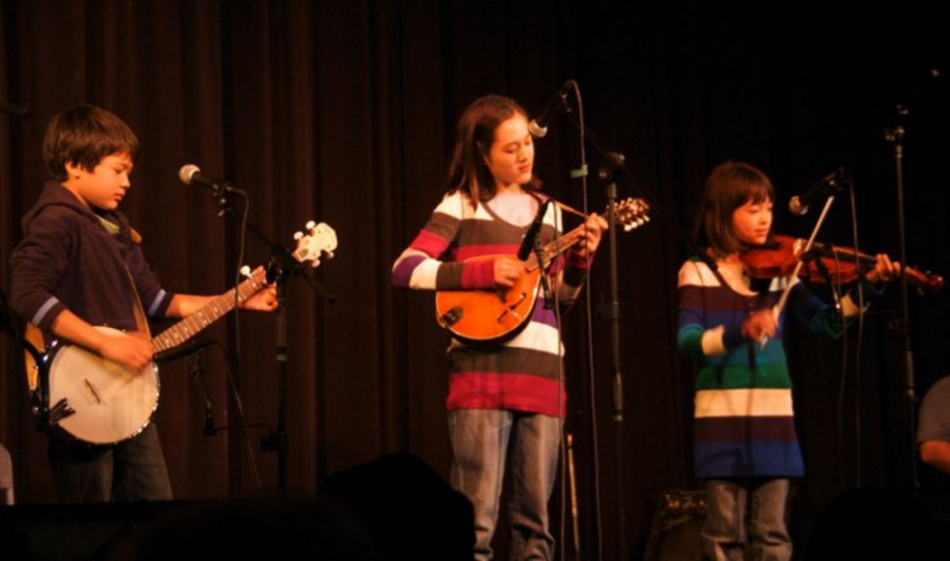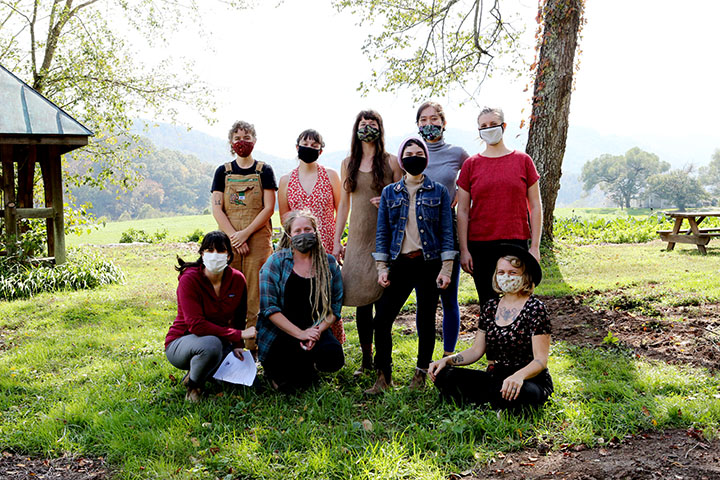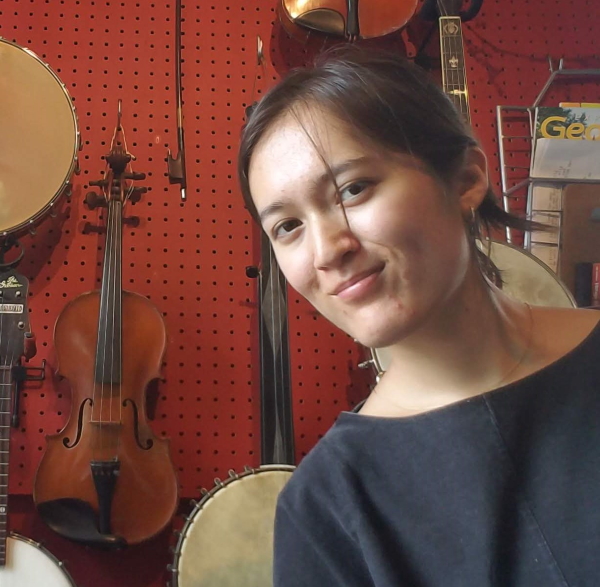Introduction
Sarah Adams discusses her Jon Bekoff Project work with Georgia Pick and Bow Traditional Music School
The Project
To better address the historical context of Appalachian music, music history curriculum resources will be developed for students, instructors, and members of the greater Pick & Bow community. The project has three main parts: creating a multimedia article series on Pick & Bow’s website that investigates global and local contexts to the music, researching individual song histories for the three dozen songs currently in Pick & Bow’s repertoire, and designing a radio show-themed music history class for Pick & Bow summer camp.
Four themes underscore the broader goal of using traditional music as a framework to inform our past, present, and future experiences in music and in life:
- Illustrate the development of Appalachian music from the convergence of different peoples from around the world
- Showcase a diversity of players along the lines of age, race, and gender in both historic and present-day musicians, with a focus on musicians from north Georgia
- Demonstrate different kinds of community that form around Appalachian music
- Share how Appalachian music has been passed on and changes
About Sarah

“I’ve always loved learning what songs were about, who played them, and how I might be able to relate it to my own life.”
Sarah Adams grew up playing Appalachian music in north Georgia. Her first instrument was mandolin, which she started learning as a fourth grader in the year that Pick & Bow was founded (2008). Over the years, she performed throughout the region with the Pick & Bow student band and in her sibling band, Three Arrows.

Early Three Arrows performance at the Mountain Music Medicine Show in Dahlonega’s Holly Theater.
From left to right: Etowah, Sarah, Selu
Three Arrows, reunited years later, in college
After graduating from college, Sarah returned home and became involved in music locally again. She teaches mandolin at Pick & Bow, works at Vintage Music (Dahlonega’s local music shop), and in the fall of 2020, participated in a month-long music residency at the John C. Campbell Folk School’s Traditional Craft Mentorship Program.
Sarah interviews John Grimm, owner of Vintage Music and longtime Pick & Bow instructor

Session I mentees of the John C. Campbell Folk School’s 2020 Traditional Craft Mentorship Program
Through the support of the Jon Bekoff Project for the Advancement of Georgia Old-Time Music, Sarah is helping build Pick & Bow’s music history curriculum. “History is key to understanding the connections that Appalachian music has around the world, both past and present.” says Sarah. “I hope that this project can be a resource for students, families, instructors, and anyone else interested in learning and celebrating the global and local contexts of the music.”

“History is key to understanding the connections that Appalachian music has around the world, both past and present.”
About the Jon Bekoff Project
The Jon Bekoff (JB) Project for the Advancement of Georgia Old-Time Music was created in the memory of the musician Jon Bekoff (1959-2015) to promote Old-Time Georgia stringband music. The JB Project supports one-on-one instruction, small group learning, and other creative projects with mentors knowledgeable and skilled in Georgia old-time musical traditions.

“Jon Bekoff (1959-2015) was a generous teacher and patient mentor to lovers of Old Time music. Although Jon never made commercial recordings, he profoundly influenced and inspired Old Time musicians throughout the US and even internationally, particularly after he permitted YouTube documentation of his music. Much of the music shared here was collected or recorded by Nate Paine, Jon’s protégé and closest jamming partner during Jon’s last decade. We students and friends of Jon wish that ALL recordings ever made of him could be posted here, publicly, free, and downloadable – as an archive for posterity and most importantly, for future learning. Because the recording settings were largely informal, private lessons or jams, we have opted to leave out the names of Jon’s accompanists, listing only the tune name, key, session location and year. The intention is to allow Jon’s music to inspire others, with the hope that others might also contribute private recordings of Jon that are not listed here, even if the accompanists might sound imperfect.” –Miss Moonshine (published on Slippery-Hill)
For more information about the JB Project, click here.
